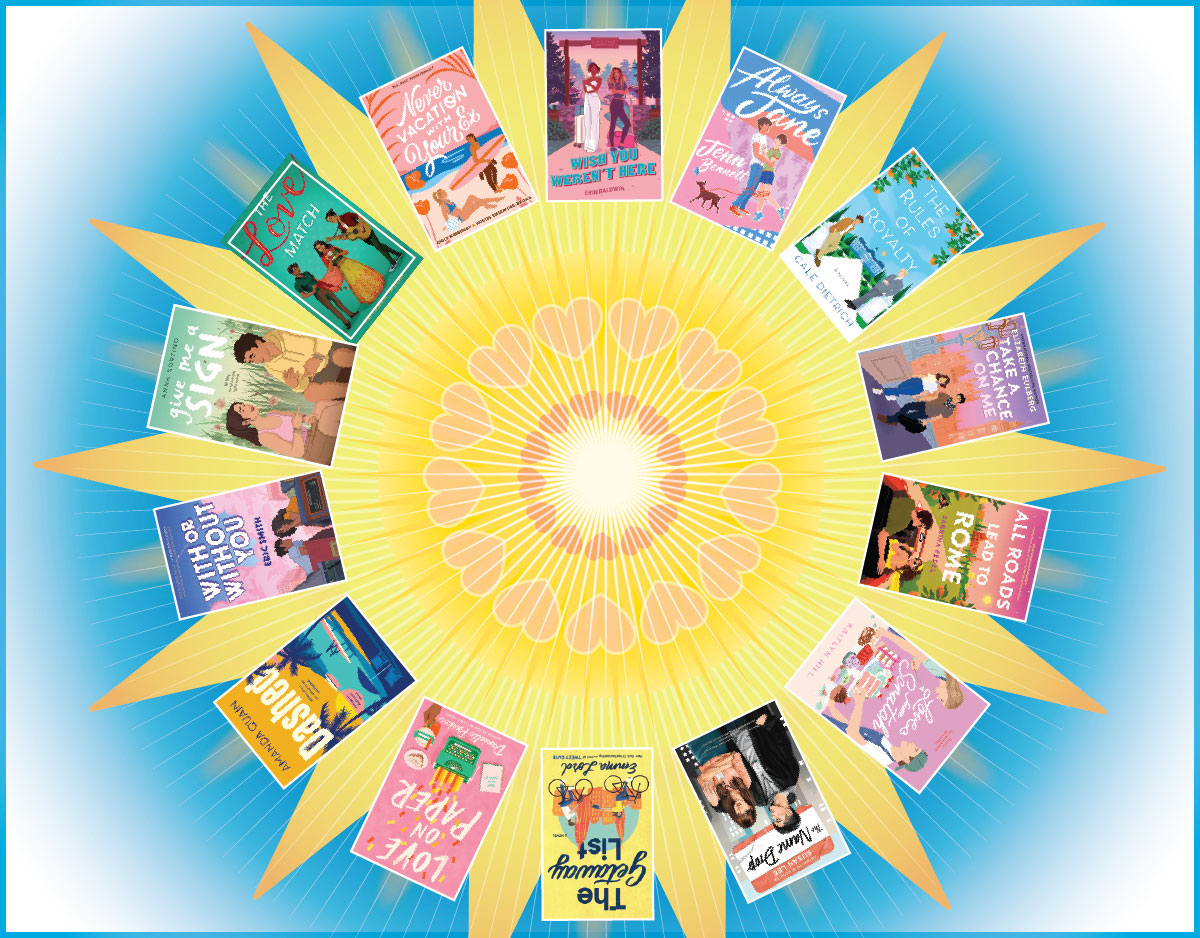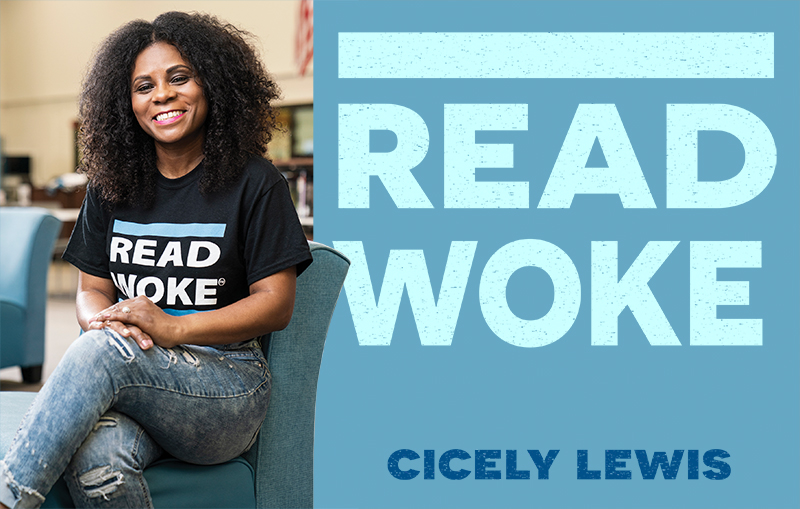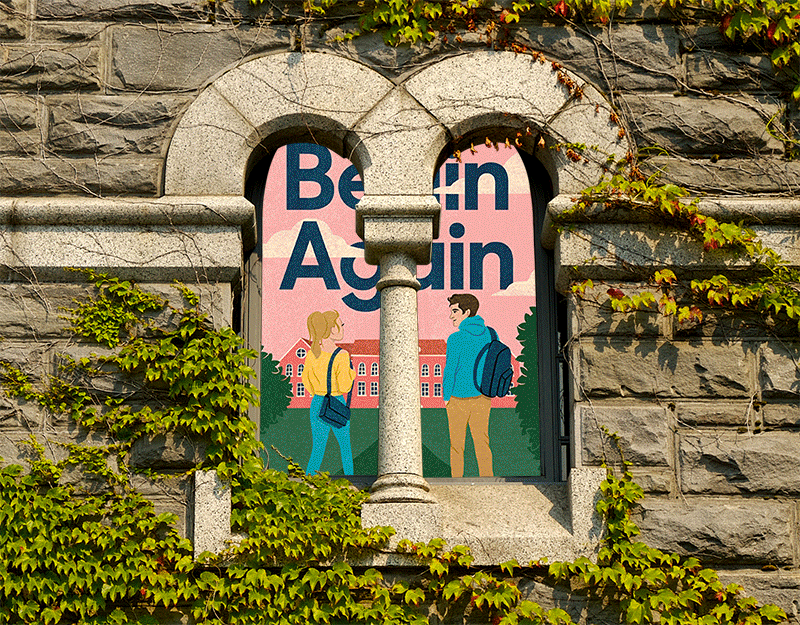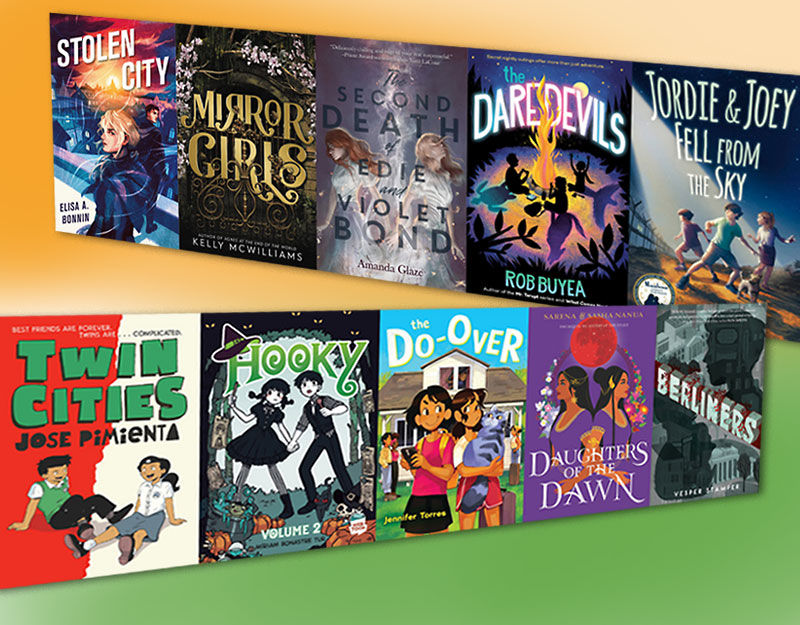Reclaiming Queer History, a guest post by James Brandon
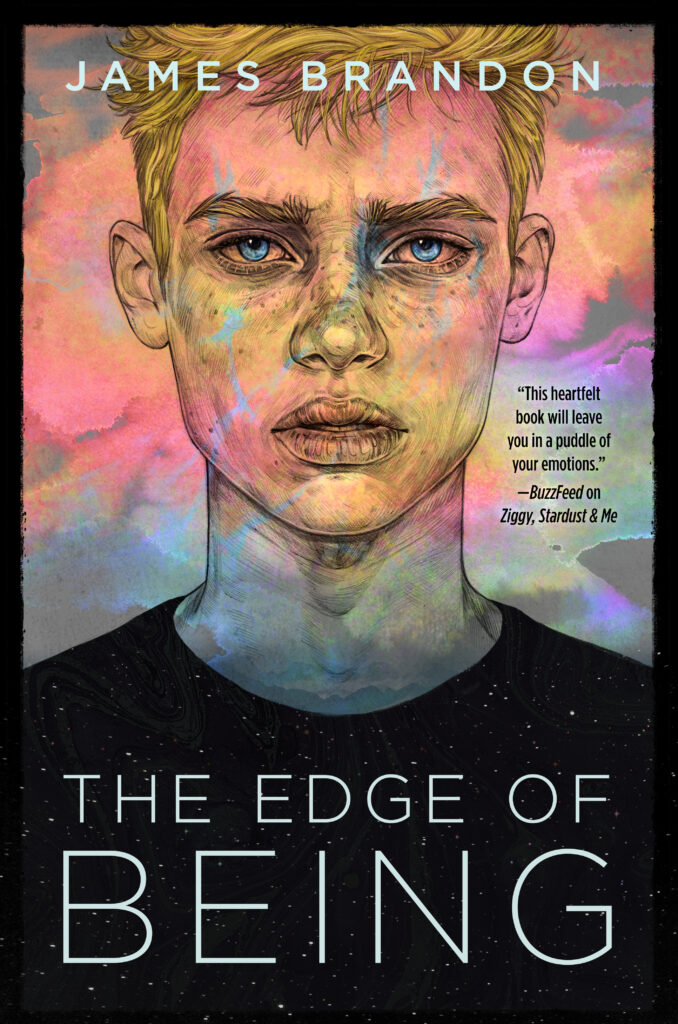
Growing up in a conservative home in St. Louis, the term queer was an insult. It ranked right up there with the f-word (not the four-letter one) and stung just as badly. When a bully pushed me into lockers or spit on me while riding the bus, he’d hurl those words out. I used to cry myself to sleep wishing the hateful slurs into oblivion.
Over the years, my wish came true.
The term queer has not only been reclaimed by the 2SLGBTQ+ community but is even used as a personal identifier in the ever-expanding umbrella of non-heteronormative persons. This is the definition of self-empowerment. And this is the very reason to reclaim our lost queer history.
ADVERTISEMENT
ADVERTISEMENT
Before becoming a writer, I was an actor. I toured with a play for nearly a decade—Terrence McNally’s Corpus Christi—all over the world. The “Gay Jesus play,” as it’s sometimes referred to, is the story of Jesus from nativity to crucifixion, told through the lens of a gay man growing up in Corpus Christi, Texas . . . in a nutshell. It’s much more than that, though. It’s also a testament to reclaiming a faith that has ousted so many homosexuals. Through this experience, queer folks who felt ostracized from a story they grew up believing in suddenly felt included again. That’s the power of reclamation.

While on this tour, we’d host conversations following each performance, and it was here I met people from all walks of life. I didn’t realize how much of a white gay cis male bubble I’d been living in until I heard firsthand experiences from Two-Spirit people who reclaimed their spiritual heritage from the white patriarchy or trans persons who shared the joys and trials of reclaiming their place in a binary society. And it was here I began researching a history I knew nothing about, diving into a collection of artifacts left behind by my queer ancestors.
I began asking more questions of my elders, questions I’d never had the space to ask before because I was devoting all my energy to survival. But once I began asking, the floodgates opened. I heard stories I never imagined could be true, harrowing journeys of self-discovery that felt right out of a science fiction novel. I read shelves of books and spent countless hours at the GLBT Historical Society in San Francisco diving into our archives. I felt like Dr. Strange in the Multiverse, unlocking doorways to a world I never knew existed. This new awareness became infused with my passion to write queer YA.
That we have any moments of recorded history at all speaks volumes about the people who lived them. To openly identify as anything other than cisgender and heterosexual basically meant you were publicly persecuted. In the early to mid part of the twentieth century, if you were discovered to be homosexual, which happened quite often through police entrapment, you lost everything. Literally. Your name and address were posted in the newspaper. You lost your job, your reputation, and more than likely your family and friends. In the 1950s, the Red Scare was a time of anti-Communist hysteria in the US. In the same realm, the Lavender Scare—a policy that discriminated against homosexual government employees—attempted to publicly out those who they feared were threats to our national security. (According to President Eisenhower, if you were homosexual, you could easily be blackmailed by our political adversaries.) “Coming out” was not an option. And yet, through the careful work of queer historians, we know of many people who stood up, fought back, and survived to tell their stories.
That, to me, is the very essence of who the queer community is today.
Take the Compton’s Cafeteria Riot as an example. Recovered only a few decades ago, the history of this uprising was discovered by Dr. Susan Stryker, a renowned trans scholar and activist, who found a small blurb in a 1966 newspaper she was archiving for the GLBT Historical Society. The paragraph, hidden among larger headlines of the day—sales at Woolworth’s, that kind of thing—revealed a treasure trove of history that had, up to that moment, been lost to us.
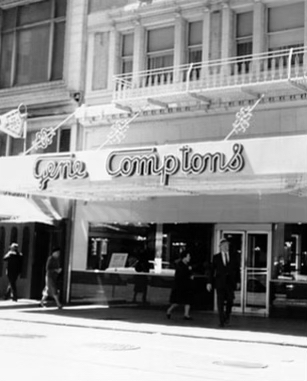
At the time, San Francisco’s Penal Code 650.5 (which made it a misdemeanor to “personify” someone “other than yourself”) was among many other “masquerade” laws in the country. One such law, from the nineteenth century, was originally meant to stop farmers who had started dressing like Native Americans to stave off tax collectors. At the turn of the twentieth century, the law was used to target trans folks, most notably sex workers. If you were caught wearing clothes that didn’t correspond with your assigned sex at birth, you were arrested. The discovered loophole: As long you wore at least three articles that matched your ID (socks not included, for some reason?), you were protected. This, of course, didn’t stop the police from harassing and entrapping transgender people, and more specifically Black and brown trans persons, who considered police harassment as commonplace as brushing their teeth.
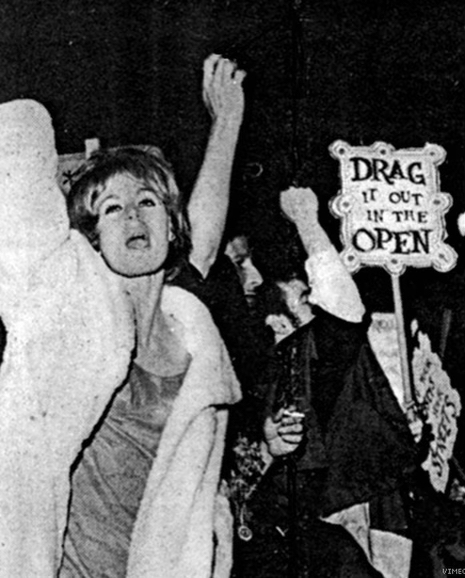
Three years before the now-infamous Stonewall raid, they’d had enough. And on one sweltering August night in 1966, a still-unnamed trans woman fought back in Compton’s Cafeteria. After being roughly handled for not adhering to the “three articles of clothing” rule, she threw her steaming cup of coffee in the cop’s face and all hell broke loose. Dr. Stryker uncovered the story of what she would soon realize was the first recorded trans and queer riot in US history.
And this, in turn, became the seed for my second novel, The Edge of Being.
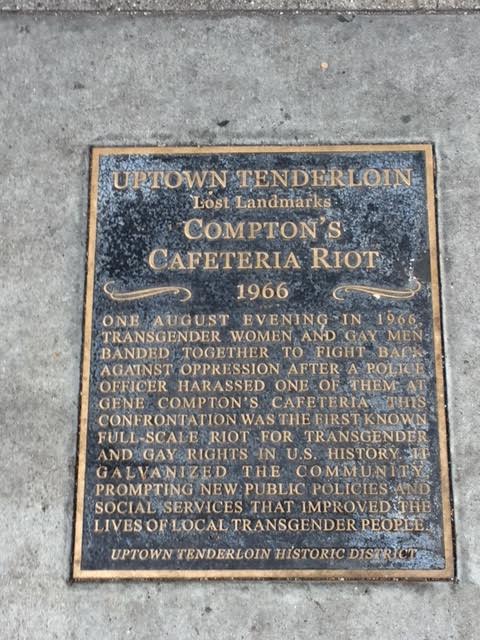
It has since become my personal mission to infuse our history into my stories. In my years of research, I’ve discovered not only factual events and persons who literally changed the course of society as we know it today, but also something far greater and more personal to my well-being: a connection to a world I never felt a part of. This is the gift of teaching our heritage and ancestry—by reclaiming our lost queer history, we reclaim ourselves.
Meet the author

ADVERTISEMENT
ADVERTISEMENT
James Brandon produced and played the central role of Joshua in the internationally acclaimed tour of Terrence McNally’s Corpus Christi for a decade, and is co-director of the documentary film based on their journey, Corpus Christi: Playing with Redemption. He’s the co-founder of the I AM Love Campaign, an arts-based initiative bridging the faith-based and 2SLGBTQ+ communities, and serves on the board of the Bay Area American Indian Two-Spirits (BAAITS) in San Francisco. Brandon has been a contributing writer for HuffPost, Believe Out Loud, and Spirituality & Health magazine.
Website: https://www.justbejb.com/
IG: https://www.instagram.com/jamesbrandon108/
Twitter: https://twitter.com/JBJustBE
About The Edge of Being
A tender and heartfelt queer YA novel about the multiplicities of grief, deeply held family secrets, and finding new love.
Isaac Griffin has always felt something was missing from his life. And for good reason: he’s never met his dad. He’d started to believe he’d never belong in this world, that the scattered missing pieces of his life would never come together, when he discovers a box hidden deep in the attic with his father’s name on it.
When the first clue points him to San Francisco, he sets off with his boyfriend to find the answers, and the person he’s been waiting his whole life for. But when his vintage station wagon breaks down (and possibly his relationship too) they are forced to rely on an unusual girl who goes by Max—and has her own familial pain—to take them the rest of the way.
As his family history is revealed, Isaac finds himself drawing closer to Max. Using notes his dad had written decades ago, the two of them retrace his father’s steps during the weeks leading up to the Compton’s Cafeteria Riot in San Francisco, a precursor to the Stonewall Riots a few years later. Only to discover, as he learns about the past that perhaps the missing pieces of his life weren’t ever missing at all.
ISBN-13: 9780525517672
Publisher: Penguin Young Readers Group
Publication date: 10/11/2022
Age Range: 12 – 17 Years
Filed under: Guest Post, Uncategorized
About Amanda MacGregor
Amanda MacGregor works in an elementary library, loves dogs, and can be found on BlueSky at @amandamacgregor.bsky.social.
ADVERTISEMENT
ADVERTISEMENT
SLJ Blog Network
Top 10 Circulated Graphic Novels of the ’24-’25 School Year
Fuse 8 n’ Kate: Baseball Saved Us by Ken Mochizuki, ill. Dom Lee
Cat Man | Review
When Book Bans are a Form of Discrimination, What is the Path to Justice?
ADVERTISEMENT



